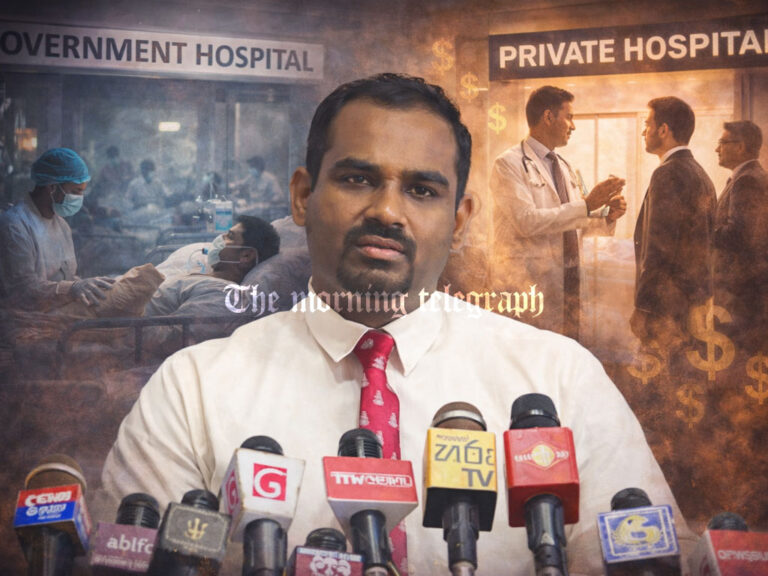
The newly-formed government has launched a sweeping audit campaign across all government institutions, taking bold steps to combat corruption and enhance transparency. This extensive effort aims to uncover and address instances of fraud, corruption, and financial mismanagement reportedly occurring under previous administrations.
The audit will thoroughly examine various facets of government operations, focusing on budget allocations, procurement processes, contracts, and project implementations in crucial sectors like healthcare, infrastructure, and education. Through this initiative, the government seeks to confirm that public funds were used effectively and to hold any misappropriation accountable.
Focus Areas: Budgets, Contracts, and Public Projects
In particular, the audits will target discrepancies in budgets and contracts, especially in areas where large public funds were allocated but results have not aligned with expectations. By delving into procurement practices, vendor agreements, and project outcomes, the government intends to expose any overcharging, favoritism, or conflicts of interest that may have enabled corruption. A newly created task force of forensic accountants, financial experts, and anti-corruption specialists will lead the audit process to ensure its effectiveness.
Wide-Ranging Investigation Across All Government Levels
The audit’s scope includes all levels of government—local, regional, and federal agencies. Officials, contractors, suppliers, and internal auditors within these institutions will undergo scrutiny as the government pursues a zero-tolerance policy on corruption and misconduct.
Establishing an Anti-Corruption Task Force and Legal Action Plan
The government has assembled a dedicated anti-corruption task force comprising financial auditors, legal experts, and investigative specialists. This team will take immediate action if they discover any evidence of fraud or corruption, implementing strict anti-corruption laws that may result in criminal charges, heavy fines, asset seizures, and permanent disqualification from future government roles or contracts. For high-profile cases, the administration is considering fast-tracking prosecution to emphasize its commitment to reform.
Implementing Structural Reforms for Long-Term Accountability
Beyond immediate enforcement, the government plans to introduce new oversight mechanisms to prevent future misconduct. Potential reforms include increased protections for whistleblowers, greater transparency in public contracts, and stronger internal checks and balances. Additionally, the government is in discussions with international anti-corruption organizations to adopt global best practices and ensure lasting integrity within public administration.
Commitment to Public Transparency and Engagement
The government has promised to keep the public updated on the audit’s progress, sharing findings and actions taken to promote transparency throughout the process. Citizens will stay informed, reinforcing the administration’s commitment to establishing a culture of accountability.
This significant anti-corruption drive marks a new era of transparency within government institutions. The audits, set to begin in the coming weeks, hold the potential to transform the standards of accountability across all branches of government.




